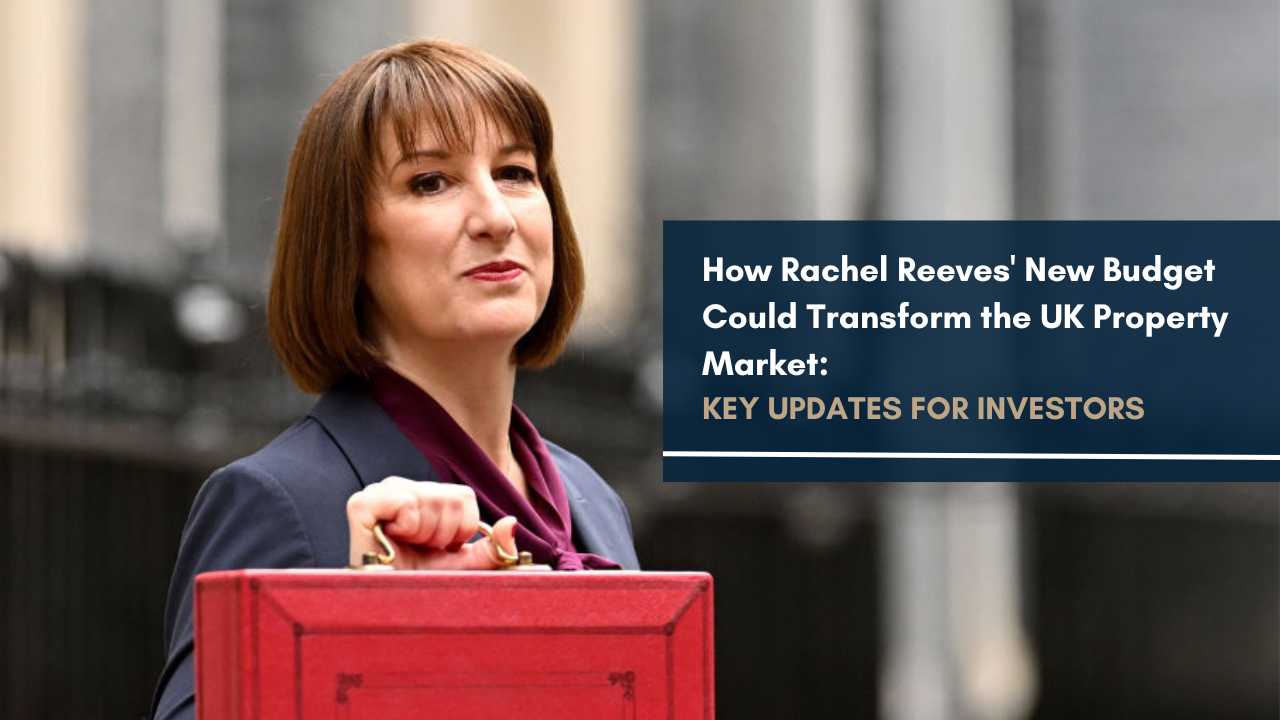* This post was inspired by our Pure Property Podcast on the 5 most common property investor mistakes. Listen Here.
Becoming a master of real estate investment takes time, patience and practice. At Track Capital, we work with investors from all walks of life; some have only just started their journey, and some have been in the business for many years.
Regardless of how long you have been an investor, there are always new things to discover and yes, new mistakes to make along the way. No one is exempt from making the wrong decision from time to time, no matter how much of a seasoned pro you have become.
In this post, we are going to be looking at the top five common mistakes we see property investors make. Each of the points below are seen on a daily basis at Track Capital and we hope that by going over these with you now, it may inspire you to reflect on your own strategy, helping you to improve and overcome.
1. Not Knowing Your Investment Strategy
This presents as a lack of clarity, direction and a confused or even absent business plan. It is more common than a lot of people realise and while it often happens in the early days, we have also seen it among people who already have several properties on their portfolio.
The reason this can be an issue is because it is harder to invest or to choose an investment without knowing your long-term goals and the type of property investment you’re looking for.
Investment goals can vary greatly from person to person. It could be that you’re looking for a really easy, hands-off income-generating asset. Perhaps you are looking for a high-yielding HMO, massive capital growth, or maybe you need a really quick cash injection for other projects. The truth is that there are a lot of different strategies out there to choose from.
If you don’t know exactly what you’re looking for, you can easily get distracted by an enormous array of other investments which are essentially background noise; unsuitable for you and likely to simply make you lose focus on the investments that are actually going to benefit you.
We would always encourage people to sit down, work out a game plan and speak to experts in the relevant fields before committing to anything. Analyse markets you’re interested in and learn about the specific asset class you’re looking at – Whatever you choose, take time to figure out a game plan – and then stick to it diligently.
2. Investing With Your Heart Instead of Your Head
This is a common problematic theme we see from investors when they are ultimately the investing emotionally instead of focusing on the financial aspect of the property. At Track Capital, we advise that people let their logic lead the way on this one, rather than using their feelings as their primary guide.
While it is important to invest in projects you can get behind 100 per cent and you have every right to take pride in your portfolio, property investing is firstly a business, so it needs to be treated like one.
You need to zone in on the facts and figures. Do the numbers work? Does the location work for the demographic you are aiming for? It is easy to be put off by a property that is not to your personal liking, but remember; you are buying it as an investment for others to live in – not you.
Rejecting a great opportunity simply because you aren’t keen on the position of the bathroom or the kitchen layout, or you wouldn’t like living in the location yourself, means you will not be able to maximise your business potential.
Try to take a calculated approach, rather than picturing yourself living in the property. For example, you may not like the idea of living in Manchester city centre, but thousands of new graduates and working professionals are looking for this exact location. Ignoring this kind of information risks severely limiting your investing power. Be fluid, move within the market and be ready to adapt.
3. Investor Not Performing Their Own Due Diligence
This is a particularly relevant point for us at Track Capital, because we are so involved in research and due diligence when we’re taking projects to market. Searching the market and reviewing projects thoroughly is something that every investor needs to do before committing to anything.
This is especially important when considering new builds and off-plan developments. Investigate the developer’s track record, the finances and security supporting the project. Build a risk profile and take a long look at past performance.
At Track Capital, we work to strict standards for due diligence. Only when we are certain of a project will we put our brand name to it and market it to others. We advise investors to always do the same. Don’t ignore this step or think others have done this step for you.
If you are given information, it is your responsibility as an investor to read it over carefully. Look for any red flags and make sure all of your questions are thoroughly answered. See what you can find on the internet. Don’t be afraid to ask if you don’t know what kind of information you should be looking for. A good advisor will always be happy to let you know.
It is always worth speaking to the experts: a solicitor, mortgage advisor and broker are all good starting points to getting a well-rounded view of the risk level associated with the purchase.
4. Leaving Finance Planning to the Last Minute
This mistake happens more frequently than people may think, and that is; not looking into finance and mortgages until the last minute. This is something we have had investors approach us with over and over again. The time has come up for completion, and we suddenly get a phone call from a very worried investor. The problem? They can’t get a mortgage. They exchanged over a year ago and in all that time have not spoken to a single mortgage advisor. When asked why, the answer is just as horrifying – the agency told them it should all be ok.
Of course, if you’re buying off-plan, you won’t be able to get a mortgage offer until perhaps three to six months before completion. However, that does not mean that you needn’t have spoken to a mortgage advisor or broker before that point.
If you can, try to arrange an Agreement In Principle (AIP) to get some tangible evidence that a mortgage can be arranged. An AIP shows that a mortgage company has looked into your brief details and have confirmed that, based on the information they received about your income, circumstances, and the project itself, they would potentially lend to you.
Keep in touch with your broker so when it is time to complete you can start the full mortgage process easily, confident that you should be eligible and have a very high, if not certain, chance of getting the mortgage.
Never be flippant when committing to a large financial sum; an investor should always make sure they can follow through on the transaction and take whatever steps are necessary for financing in a timely manner.
5. A Serious Case of Analysis Paralysis
There is a well-known psychological concept called the Paradox of Choice, whereby someone has been offered so many choices that it renders them completely frozen by indecision and unable to move forward with any one option.
At Track Capital we call this “analysis paralysis” – describing an investor who has looked at so much information on a slew of different projects that they really don’t know how to select one from the pile anymore. People affected by this confusion don’t commit to anything and end up missing out on a number of amazing opportunities.
Investors who behave this way are often caught up in waiting for the next good deal. They want to see if something better is just round the corner but doing so indefinitely results in inevitable disappointment and deposit money gathering dust in a bank account.
What usually happens while a person waits for the “perfect time to invest” is that the property prices continue to go up. The longer you wait to invest, the more chance you have of paying more for the property, losing out on the best units of a project and getting a worse deal than if you had invested six months prior.
If you need help deciding, let your agent know. They can help you narrow the choices down and stick to your original investment plan.
Final Word from Track Capital
The last thing we would like to say is in regard to point three. We are involved in performing rigorous due diligence checks day-in, day-out. If you ever want a second opinion on a project or would like to know what our own due diligence checklist is, please feel free to reach out and let us know.
Just e-mail info@trackcapital.co.uk and speak to one of our dedicated team members today. We are non-biased and are not commercially incentivised to push you into any particular investment – and we are always happy to go over a project with you, regardless of whether we are facilitating the deal or not.




































